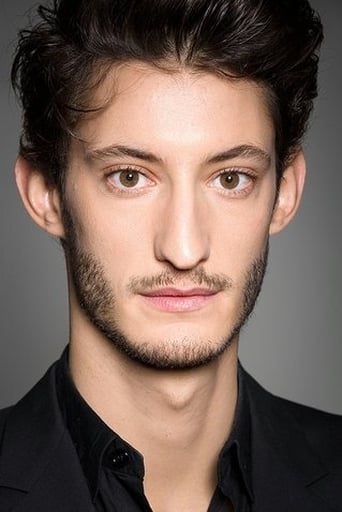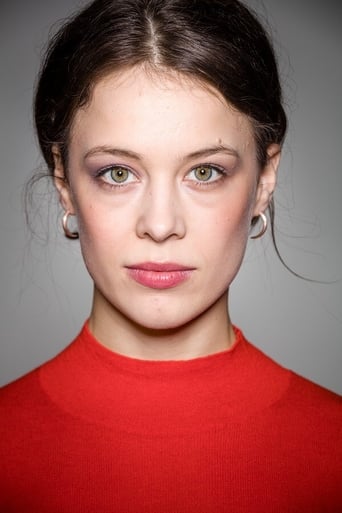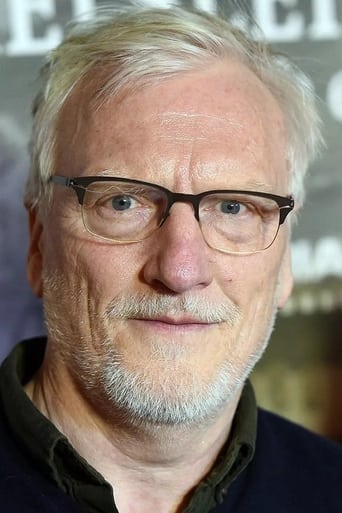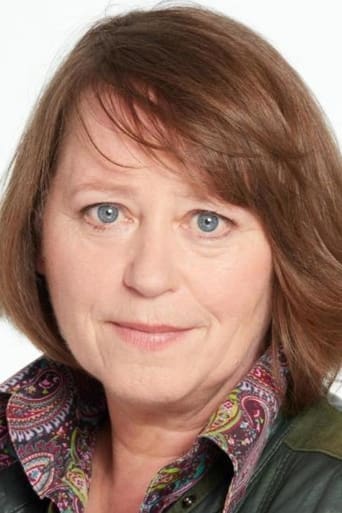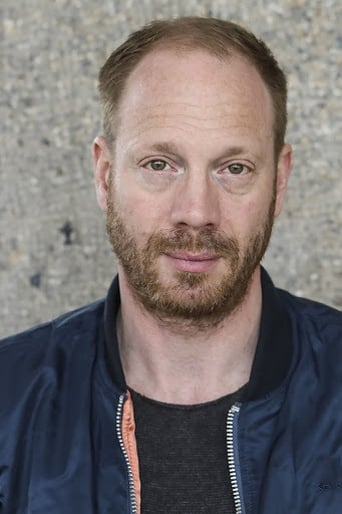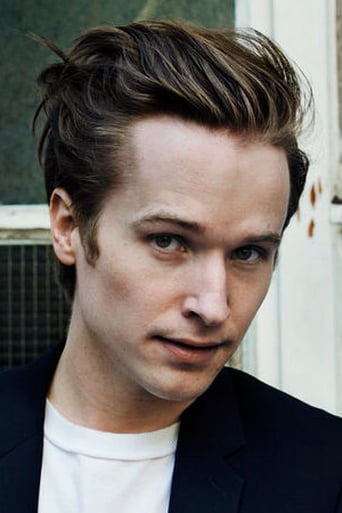gregflakus
This film is true in the sense that it portrays universal truths about human beings, their interactions and their effects on one another. The story, about a Frenchman who comes to visit the grave of a German soldier after World War I, is one that begins with a simple gesture and then takes us along for a ride through the fields of human longing. Many of the people in the German town resent the Frenchman. They are bitter about losing the war and quite a few families there lost sons in the conflict. They do not treat him with hostility, but they are correct in their behavior, not friendly. The one person who does take to him is the sister of the dead German, whom the Frenchman claims to have known years earlier in Paris.He establishes an endearing friendship with the parents of the dead German soldier, tells them what he remembers of their son and listens to their stories about him. Little by little we can see an attraction growing between him and the sister.I will leave at that so as not to make a spoiler/ Suffice it to say that what he and the young woman discover through their friendship is a connection to the truth, not just in details about something that has happened and can never be taken back, but in the sense of learning about their own feelings and their own destinies. The story is told in vibrant black and white for the most part and the cinematography is superb. The acting is also outstanding. There are no big emotional outbursts this movie, only subtle movements, glances and soft conversations that reveal all that needs to be revealed.GMF
Bill Phillips
What an awesome surprise. Saw that it was free streaming on Amazon Prime and took a chance. Watch the trailer, it will just want to make you see the movie even more. You think you know where the story is going, but then you don't.It's about French/German relations after "The Great War." But, so much more. The theme? War is stupid, love is great.... what's new? Remember the name Francois Ozon, as a director. He will become one of the best known ever in the years to come. And, remember Paula Beer, German actress, only 22 yrs. old when she made this. We'll be seeing a lot more of her. If she ever decides to do movies in English, look out Alicia Vikander.
Gail Spilsbury
François Ozon's latest movie Frantz packs in audience pleasers: superb black-and-white photography of spellbinding locations; nonstop suspense; brilliant character portrayals by Paula Beer as Anna and Pierre Niney as Adrien; the subject of war's pointlessness; the right or wrong of lies; and human psychology when it comes to love. This last and most compelling aspect of the movie, discussed below, is for a post-viewing conversation (i.e., this review may be a spoiler). The movie begins in Quedlinburg, Germany, after World War I, with the Hoffmeister family grieving for the loss of Frantz, Magda and Hans' son and Anna's fiancée. The three live together, Anna already like a daughter to Frantz's parents. Hans and the Germans in town bitterly hate the French for killing their sons. Frenchman Adrien Rivoire shows up to lay flowers on Frantz's grave and as a result meets Anna who brings him home to her surrogate parents. Over time, Frantz's parents come to love and cling to Adrien for his past friendship in Paris to their lost son. Adrien becomes a living embodiment of Frantz, keeping him alive for the parents. It helps that Adrien comes from the same cultured class as the Hoffmeisters—he formerly played violin in a prominent Paris orchestra. Adrien's last name Rivoire is too close to the French word revoir—to see again—not to have special meaning for Adrien's role in this story. Love comes in all shapes and sizes. Anna and Adrien's love presents the movie's most fascinating content. Adrien, caught in the difficult situation of meeting Frantz's parents (with the postwar Germans and French hating each other), weaves more and more lies about his friendship to their son. Adrien's a meek, malleable person, which becomes his character flaw in the end when he goes along with his mother's choice for a wife. He has no mettle, no courage, and chooses an easier path controlled by others. In Quedlinburg, spending time with the Hoffmeisters and learning about Frantz's past, Adrien becomes part of the family. When he finally confesses to Anna what really happened in the battle trenches, she's naturally devastated. But she doesn't reveal the truth to Frantz's parents—she spares them yet another grief, this one involving Adrian's travesty. Here the movie lets us ponder lies—Adrien's lies, Anna's decision to keep up his lies, and what the future will be for her maintaining and further developing them for the remainder of the Hoffmeisters' lives. Are some lies acceptable? To what extent? Can Anna ever live a fulfilling life if she perpetrates serious lies? So many people, so many families, live out their lives harboring such secrets and lies, and Anna's case is but one example. After Anna has learned the horrible truth from Adrien, she must begin all over in her nascent love for him, and succeeds. Once she has forgiven him—which entails understanding the stupidity of war, where one soldier in a trench has no choice but to kill his enemy or be killed—she allows her love to rekindle. But what shape and size is Anna's love? It's one of life's more mysterious forms, where the young woman loves the very person who killed her lover; it's a love that encompasses the killer's connection to the past love, a strange mix but real and food for thought. The same is true for Adrien: he loves the woman of the man he killed as if, again, Frantz's taken life can resurrect permanently through the new bond. It's a love triangle of a warped sort. The Hoffmeisters also want the Anna-Adrien union for the same reason—the men's supposed bond of yore joined to Anna now will keep Frantz forever within the living family. Weird, but not weird, precisely because love has so many faces. A few other points about the movie: The parallel structure of Adrien experiencing German hatred in Quedlinburg, and then Anna, in part two, experiencing anti-German behavior in France, works to emphasize the antiwar message. Plus we are told a few times that Frantz, like Adrien, was a pacifist. Indeed, his rifle in the trench where he died was not loaded. He would rather be killed than kill. The score by Philippe Rombi sets the mood for every scene and the film's nonstop suspense, but it never intrudes on the action. Its apt subtlety achieves perfection. Finally, at those rare moments where joy in nature or the good things in life occur, the movie switches to color, briefly, like the quick glows we all experience in life. Then the story returns to the black and white of the war's bleak aftermath, not unlike Italian neorealism except for the sumptuous quality of this movie's cinematography. Manet's painting Le Suicidé (The Suicide) comes up several times. It relates directly to Anna and Adrien's mental destitution about the truth of what happened to Frantz. However, it's not answered why this painting was one of Frantz's favorites, nor why Anna visits it at the end of the movie when she's embarking on her "freed" life in full blooming color. The man viewing the painting on the bench beside to her is just like Adrien—sensitive, effete, melancholy. Are the two sitting there before a depiction of suicide to show their contrast—Anna no longer tied to Frantz or the past and the man dealing with suicidal thoughts? Or, is it suggested that Anna's past will link these two strangers in an uncanny love? Will Anna connect to him because he's like Adrien, who in turn was the embodiment of Frantz? Love and human psychology are the tantalizing material of this film.

